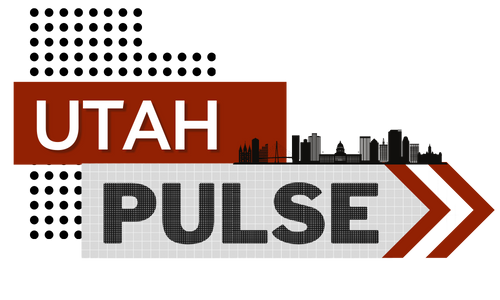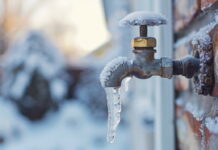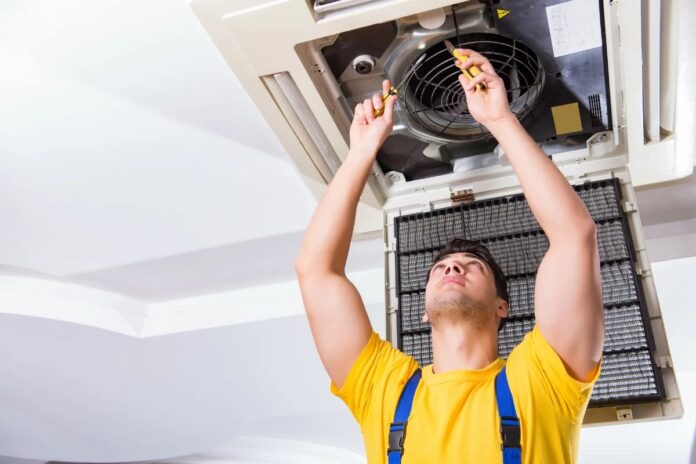
Having your furnace or air conditioner fail during temperature extremes can create unbearable conditions inside your home.
Some HVAC emergencies can even pose significant safety risks.
Thank goodness most heating and cooling providers offer emergency services around-the-clock.
They are there when you need them.
Utah’s Comfort Solutions is one such provider. They service customers in the Sandy and West Haven areas. 24/7 emergency services are something they are happy to provide.
But there are a few things they wish every homeowner knew about emergency service.
1. Not All Problems Are Emergencies

Have you ever noticed that calling a heating and cooling company results in a long list of questions? It is not that the agent is overly curious.
Rather, she is trying to assess the seriousness of your problem. Here is the deal: not every HVAC issue qualifies as an emergency.
For example, if your system is blowing lukewarm air but the weather outside is mild, you may not need immediate service. On the other hand, a complete furnace shutdown in sub-zero weather is treated very differently.
Homeowners often confuse inconvenience with danger. HVAC providers have to focus first on situations where life, health, or property could be at risk. That means:
- Priority goes to safety risks. Gas leaks, no heat in extreme cold, or electrical burning smells will always rise to the top of the list.
- Comfort issues are handled next. A room that’s not cooling evenly or a noisy blower might be annoying, but they don’t usually justify bumping emergencies that put people in danger.
Recognizing this difference helps homeowners manage expectations — and sometimes saves them an expensive emergency call when a scheduled appointment would do.
2. After-hours Staffing is Limited
Emergency services do not make up the bulk of the work most HVAC contractors do. As such, after-hours staffing tends to be limited.
Companies don’t keep all their technicians on call around-the-clock, and with good reason — it would be financially impossible.
This reality means that on particularly hot summer nights or during a winter storm, response times can stretch longer than anyone would like. Even if you’re paying an emergency rate, you may still need to wait in line behind other critical cases.
A practical tip for homeowners:
- If your system is showing warning signs during the day, call before close of business. The earlier you report the issue, the better your chances of getting help before the after-hours rush.
Patience is key. Your provider wants to help, but they can only send the technicians they actually have available.
3. Calls Are Handled by Answering Services

Another surprise for many homeowners is who picks up the phone when they call at night or on a holiday.
While some heating and cooling contractors employ their own agents, most use third-party answering services.
These agents don’t work for the HVAC company directly, but they are trained to gather information accurately and pass it on to the on-call technician.
That means you may not get immediate answers to billing questions, warranty coverage, or scheduling specifics.
The best approach? Be ready to give clear, concise details about the problem and leave the rest for the technician to confirm when they arrive.
Expecting the call taker to solve complex service questions often leads to frustration that isn’t their fault.
4. Agents Are Trained in Triage
Assessing a customer’s problem and then prioritizing it for response purposes is known as triage. Phone agents ask specific questions for a reason — they are trained to separate urgent cases from those that can safely wait.
- If you report smelling natural gas, that instantly raises the priority flag.
- If you mention a minor noise that’s been going on for weeks, it will be logged as non-urgent.
It may feel frustrating when your definition of emergency doesn’t match theirs, but remember: their job is to keep the system fair and safe for everyone.
Arguing with the call agent or asking for a manager won’t change how your problem is categorized.
5. Emergency Services Cost More
Lastly, let’s address the elephant in the room: cost. Emergency services are always more expensive than scheduled visits.
If a technician has to be pulled from another job during the day, that creates disruption for both the company and the other customer.
After-hours calls add overtime pay and additional overhead.
The extra costs are simply part of the system, and they are passed along to customers. Knowing this upfront helps you make smarter choices:
- If your system is struggling but not failing, consider waiting for a regular service appointment.
- If you absolutely must call after-hours, be prepared for higher rates — and weigh that against the comfort or safety risk of waiting.
6. Preventive Steps to Reduce Emergencies
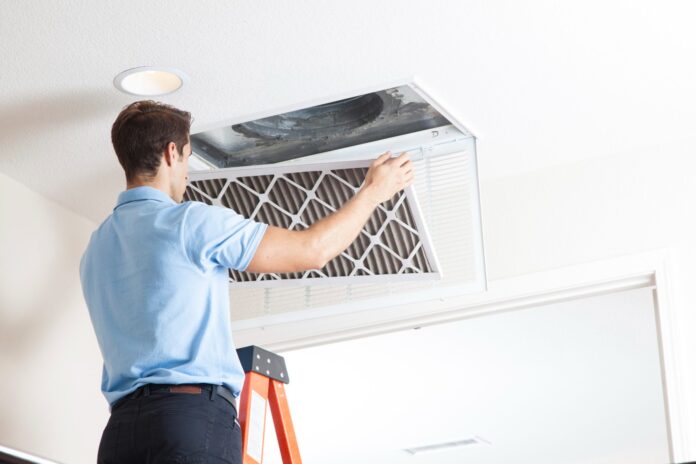
One of the smartest ways to minimize the need for emergency HVAC calls is regular maintenance. Simple actions go a long way in keeping your system running smoothly.
- Change filters on schedule. A clogged filter makes your system work harder and can trigger unnecessary breakdowns.
- Schedule annual tune-ups. Professional inspection before peak heating or cooling seasons can catch small issues before they turn into emergencies.
- Watch for warning signs. Strange noises, inconsistent temperatures, or weak airflow often signal problems that are cheaper and easier to fix early.
Think of maintenance as insurance — not only does it extend the life of your HVAC system, but it also reduces the odds of a crisis call at 2 a.m.
7. How to Prepare Before You Call
When the worst does happen and you need emergency service, a little preparation makes the process smoother:
- Gather details. Be ready to describe what your system is doing (or not doing), any unusual smells or sounds, and how long the issue has been happening.
- Know your system. Having the make, model, and approximate age of your unit handy helps the technician bring the right parts and tools.
- Check basics first. Confirm the thermostat is on, the breaker hasn’t tripped, and filters aren’t clogged. These simple checks sometimes solve the problem without a technician visit.
Prepared homeowners not only get faster solutions but also save time on the phone with agents trying to piece together the situation.
8. Balancing Urgency With Smart Decision-making
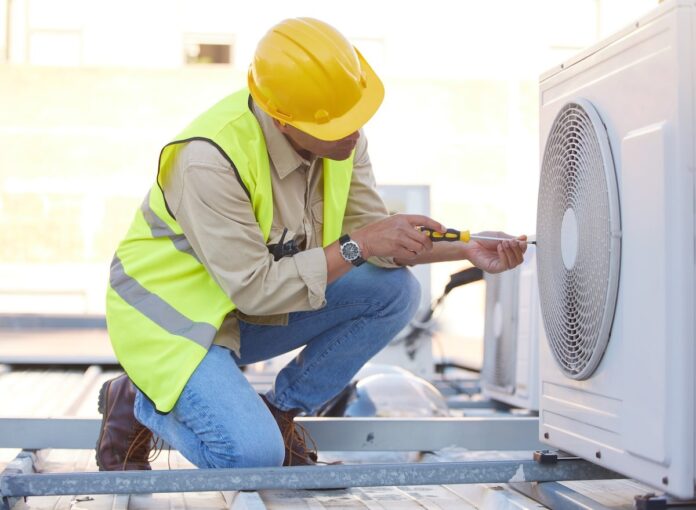
It’s natural to panic when your heat or air conditioning goes out, but rushing into an emergency call isn’t always the best move. Take a moment to assess:
- Is anyone’s health at risk? Infants, elderly family members, and those with health conditions are especially vulnerable to extreme temperatures.
- Can you manage temporarily? Portable heaters, fans, or staying with a neighbor may bridge the gap until regular service hours.
- What will the cost trade-off be? Paying double for an emergency call may be worthwhile for safety, but less so for mild discomfort.
Balancing these considerations helps you decide if immediate service is truly needed or if waiting a few hours could save you significant money.
Final thoughts
Sometimes, emergency HVAC services simply can’t be avoided. As a homeowner, you should know what you are getting into before you make that call.
Understand that not all problems are treated as emergencies, staffing and triage affect response times, and costs will always be higher than standard service.
At the same time, preventive care and smart preparation reduce the need for crisis calls.
And when you do have to make that late-night phone call, being clear, calm, and informed ensures you get the fastest and most effective help possible.
